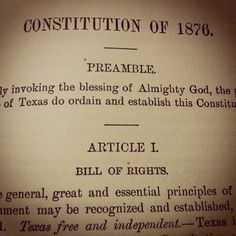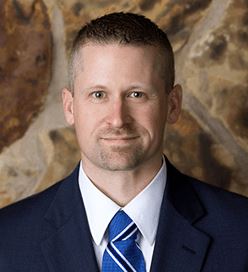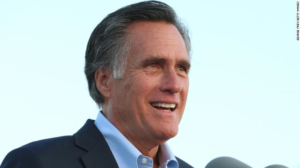Dear readers of High Plains Blogger, I am happy to report to you that our U.S. Supreme Court has issued a ruling that sparkles on a number of fronts.
It ruled 7-2 that the president of the United States is not above the law. The ruling said that Donald Trump’s financial records are open to grand jury scrutiny in Manhattan, New York City, which is examining potential criminal conduct from the president.
The ruling demonstrated the value of having an “independent federal judiciary.” Two justices who joined the majority were nominated by Donald Trump. Justices Neil Gorsuch and Brett Kavanaugh sided with Justices Elana Kagan, Sonia Sotomayor, Stephen Breyer, Ruth Bader Ginsburg and Chief Justice John Roberts in this seminal ruling
Why is that important? It’s because the federal judiciary has become the target of partisans who worry that the SCOTUS has tilted too far to the right, that it will bend to the will of a president who demands loyalty at all levels … even from members of the federal judiciary.
Federal judges get appointed for life. The founders intended for them to be free of political pressure. Today’s ruling suggests to me that the nation’s highest court is delivering on the founders’ promise.
It’s not clear whether the nation will see Trump’s tax returns prior to the November presidential election. That’s really not the point, as I have thought about the ruling over the past few hours. Trump will bob and weave for as long as he can to keep them out of public view.
The ruling, though, does establish a clear legal concept that presidents of the United States cannot invoke their incumbency as a shield against prosecutors.
I doubt it will prevent Donald Trump from trying every dodge he can find to keep those records out of public view.
Still, I am heartened to see the strength of an independent federal judiciary show itself in front of the nation.









